THE difficulty of diagnosing hind gut ulcers in horses is that they can only be conclusively detected during post-mortem. But much like ourselves, the incidence of gut issues often referred to as ‘inflammatory bowel syndrome’ in horses has seen significant increases in recent times (Boshuizen et al 2018).
Access to an ever-expanding range of commercial feed compounds, mashes and supplements for our horses has propelled the horse owner into the guise of sous-chef. At the feed store, there are balanced feeds of various protein levels (10, 12, 14%), health-focused feeds (such as those that are developed for sensitive /picky/laminitic horses) and sport feeds (which claim to be ideally developed to support competitive equines) as well as a vast array of supplements targeting specific areas of the body to choose from.
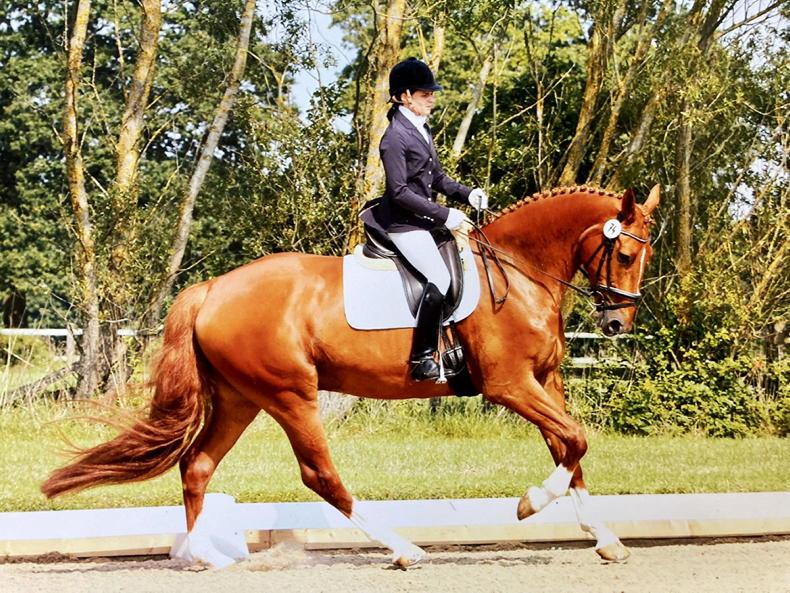

 This is a subscriber-only article
This is a subscriber-only article
 It looks like you're browsing in private mode
It looks like you're browsing in private mode




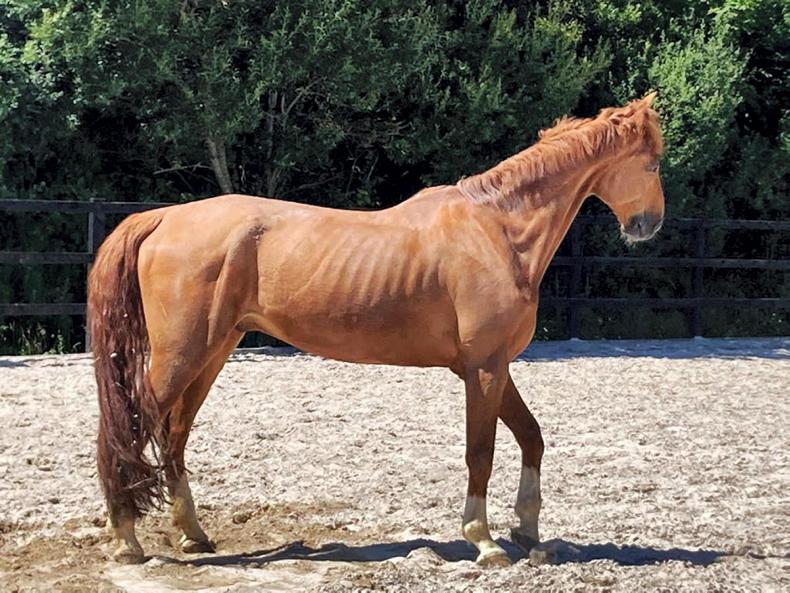
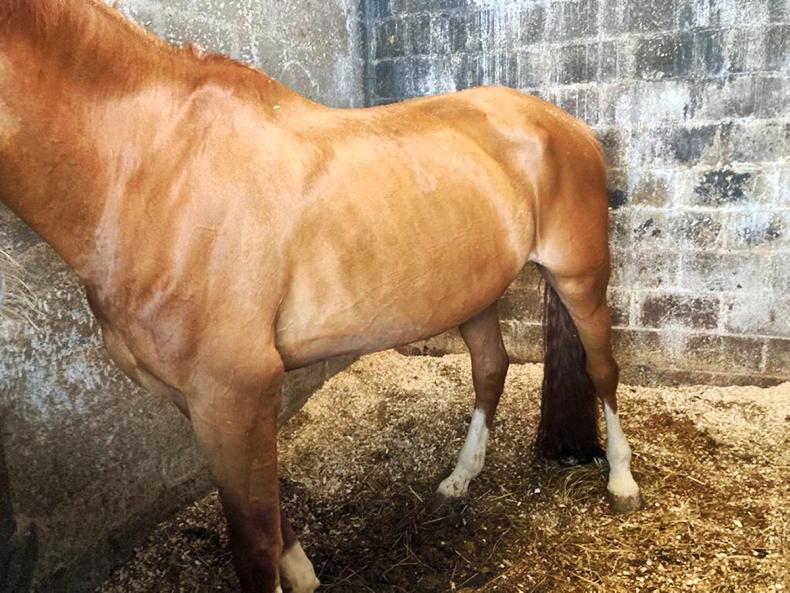

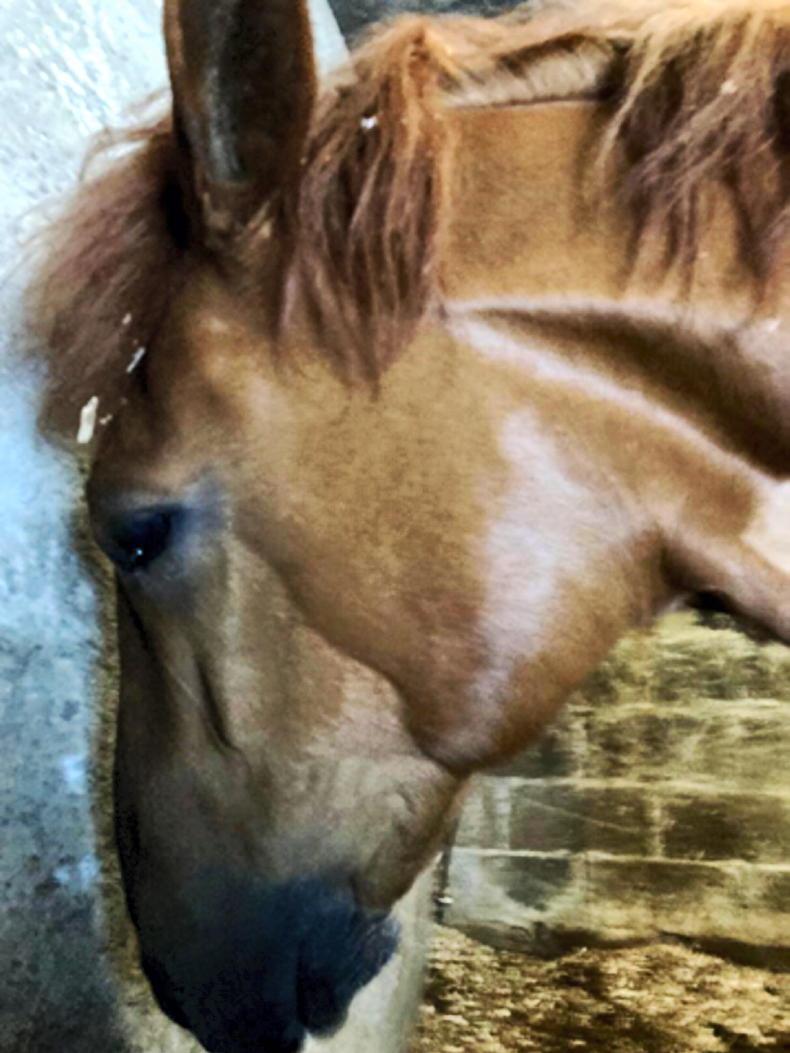
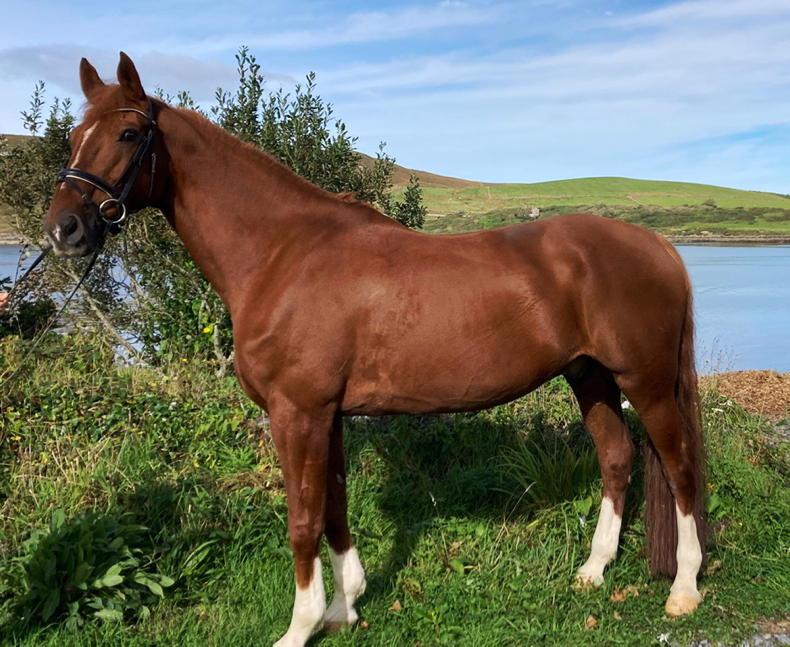
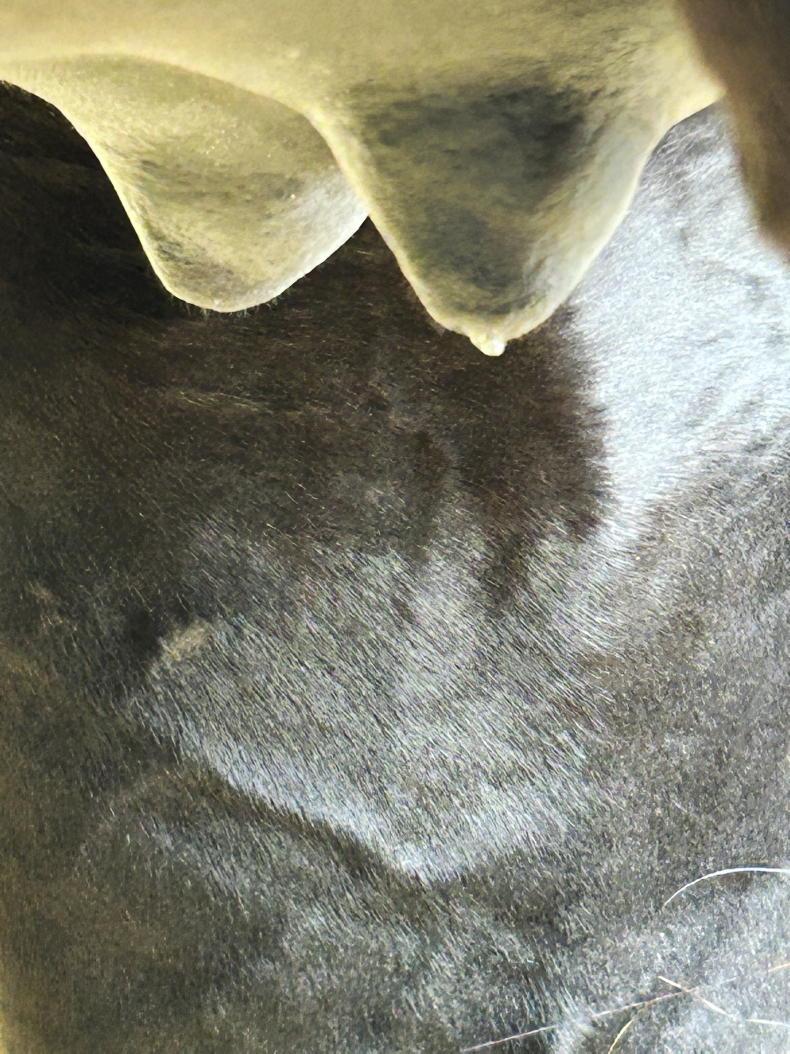



SHARING OPTIONS: